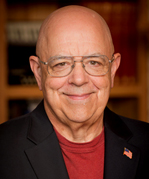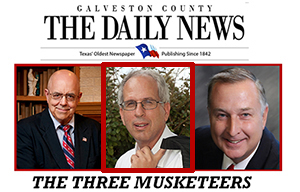


 Your Are Here: Home > Weekly News Columns > American History -- What is Freedom Worth?
Your Are Here: Home > Weekly News Columns > American History -- What is Freedom Worth?
 |
Next Week |
|
American History |
||
January 4, 2016 The disastrous defeat at Brooklyn Heights began the difficult American retreat toward Pennsylvania, Washington escaping on the last boat. Over the next few months, the tattered army found safety along the Delaware’s west banks. The British remained on high alert. By sunrise, Washington hadn’t reached Trenton, spoiling hopes for surprise. Miraculously another storm commenced, so strong that the British advance sentries retreated inside leaving the advancing American army’s approach hidden. American General Knox later wrote, “The storm continued with great violence, but was in our backs, and consequently in the faces of the enemy.” In a remarkable forty-five minutes, the Americans killed twenty-one Hessians, wounding ninety more and capturing nine hundred. Godly providence with weather altered the outcome. A few days later the Battle of Princeton commenced. During the beginning, General Mercer -- sent by Washington -- found himself surrounded. From a distance, Washington observing the dire circumstances immediately rode fast into battle encouraging his troops. When the British saw an American Officer on horseback all turned and fired upon him. The dust cleared with Washington still sitting on his horse, unscathed. A witness wrote, “I shall never forget what I felt… when I saw him brave all the dangers of the field and his important life hanging as it were by a single hair with a thousand deaths flying around him.” Leaders lead from in front and care deeply for those who serve with them. In our history, even our recent history, Presidents and former Presidents have unceremoniously chosen to visit wounded warriors and their families with much tender care and genuine concern. Mark, Bill, and John
|
||